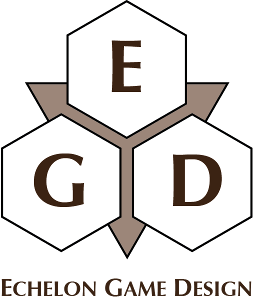Apotheosis in Echelon
Ascension to godhood, apotheosis, is handled like other character development matters — using talents. The rules for this are inspired by those from Mongoose Press’ Classic Play: Book of Immortals. Talent selection in Echelon is generally pretty freeform. As far as the rules are concerned, apart from the distinction between ‘upgrading’ and …
